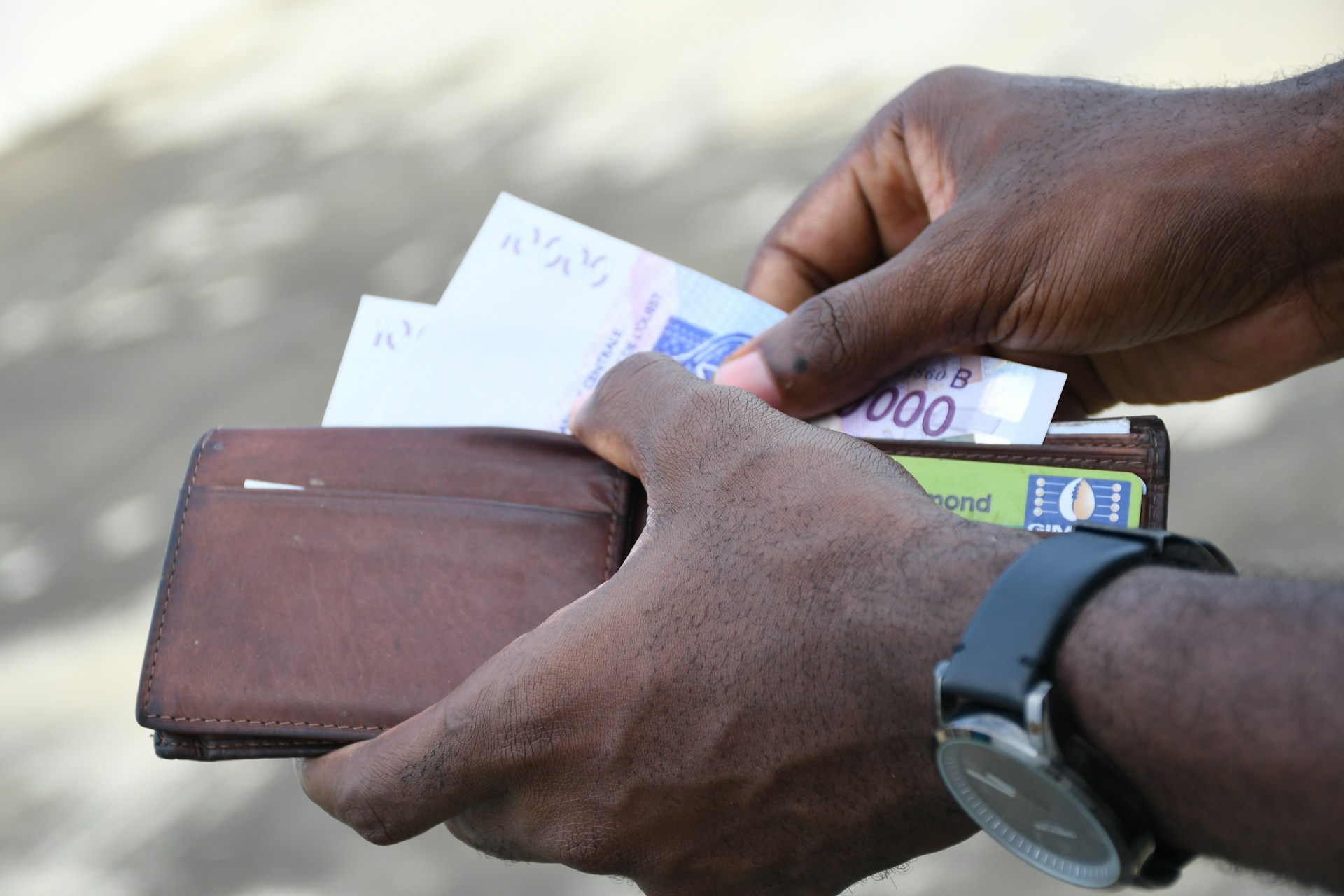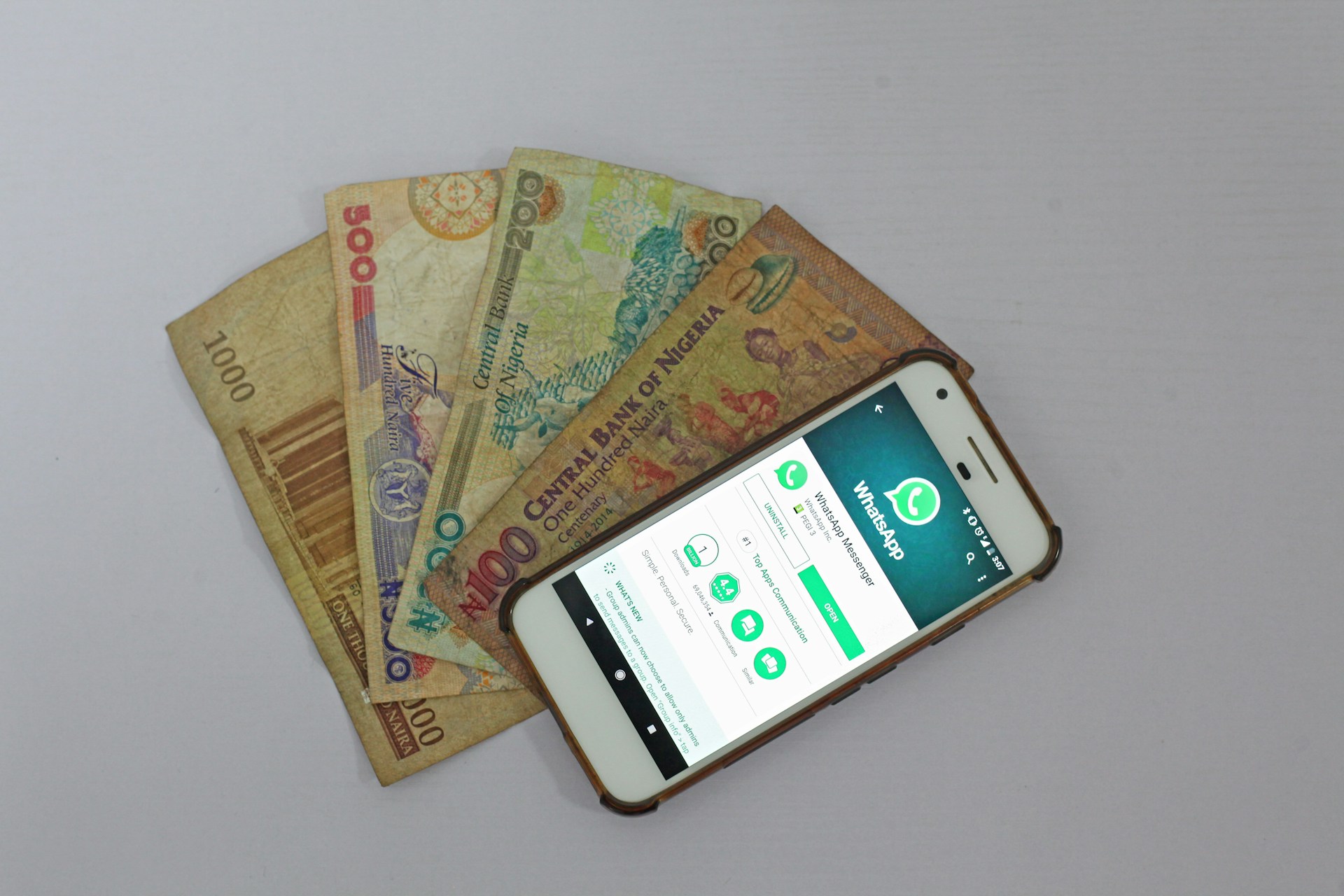
Sep 20, 2024
How to Develop Better Spending Habits
Developing better spending habits is crucial for achieving financial stability and reaching your long-term goals. Whether you're trying to pay off debt, save for a major purchase, or simply want to live within your means, improving how you manage your money is a vital step. Here are some practical strategies to help you cultivate healthier spending habits.
1. Create a Realistic Budget
Start by tracking your income and expenses to understand where your money is going. Categorize your spending into essentials (like rent, utilities, groceries) and non-essentials (like dining out, entertainment). Use this information to create a budget that allocates funds to necessary expenses while limiting discretionary spending.
2. Set Clear Financial Goals
Having specific goals can motivate you to stick to your budget. Whether it's building an emergency fund, saving for a vacation, or investing for retirement, setting measurable objectives gives you something tangible to work towards.
3. Prioritize Needs Over Wants
Before making a purchase, ask yourself if it's a need or a want. Focusing on necessities helps you avoid impulse buys that can derail your financial plans. Consider implementing a waiting period for non-essential purchases to determine if you still want them after a few days.
4. Use Cash for Daily Expenses
Using cash instead of credit or debit cards can make you more aware of your spending. Allocate a certain amount of cash for weekly expenses; once it's gone, you'll be less likely to overspend.
5. Automate Your Savings
Set up automatic transfers to a savings account each time you get paid. This "pay yourself first" approach ensures that you consistently save money without having to think about it.
6. Review and Cut Unnecessary Expenses
Regularly review your subscriptions and memberships. Cancel any services you no longer use or can live without. Small monthly fees can add up significantly over time.
7. Plan Your Meals
Eating out frequently can take a big chunk out of your budget. Plan your meals ahead of time and cook at home to save money. Consider meal prepping to make it easier to stick to this habit.
8. Seek Accountability
Share your financial goals with a trusted friend or family member who can hold you accountable. Alternatively, consider partnering with someone who has similar goals so you can motivate each other.
9. Educate Yourself
The more you know about personal finance, the better equipped you'll be to make smart decisions. Read books, listen to podcasts, or attend workshops to improve your financial literacy.
10. Celebrate Small Wins
Changing spending habits doesn't happen overnight. Celebrate small milestones along the way to stay motivated. Recognizing your progress can help you maintain your new habits in the long term.
Improving your spending habits is a journey that requires patience and persistence. By implementing these strategies, you'll be well on your way to achieving greater financial health and peace of mind. Remember, the goal isn't just to spend less but to spend smarter, aligning your financial behavior with your life goals.
Developing better spending habits is crucial for achieving financial stability and reaching your long-term goals. Whether you're trying to pay off debt, save for a major purchase, or simply want to live within your means, improving how you manage your money is a vital step. Here are some practical strategies to help you cultivate healthier spending habits.
1. Create a Realistic Budget
Start by tracking your income and expenses to understand where your money is going. Categorize your spending into essentials (like rent, utilities, groceries) and non-essentials (like dining out, entertainment). Use this information to create a budget that allocates funds to necessary expenses while limiting discretionary spending.
2. Set Clear Financial Goals
Having specific goals can motivate you to stick to your budget. Whether it's building an emergency fund, saving for a vacation, or investing for retirement, setting measurable objectives gives you something tangible to work towards.
3. Prioritize Needs Over Wants
Before making a purchase, ask yourself if it's a need or a want. Focusing on necessities helps you avoid impulse buys that can derail your financial plans. Consider implementing a waiting period for non-essential purchases to determine if you still want them after a few days.
4. Use Cash for Daily Expenses
Using cash instead of credit or debit cards can make you more aware of your spending. Allocate a certain amount of cash for weekly expenses; once it's gone, you'll be less likely to overspend.
5. Automate Your Savings
Set up automatic transfers to a savings account each time you get paid. This "pay yourself first" approach ensures that you consistently save money without having to think about it.
6. Review and Cut Unnecessary Expenses
Regularly review your subscriptions and memberships. Cancel any services you no longer use or can live without. Small monthly fees can add up significantly over time.
7. Plan Your Meals
Eating out frequently can take a big chunk out of your budget. Plan your meals ahead of time and cook at home to save money. Consider meal prepping to make it easier to stick to this habit.
8. Seek Accountability
Share your financial goals with a trusted friend or family member who can hold you accountable. Alternatively, consider partnering with someone who has similar goals so you can motivate each other.
9. Educate Yourself
The more you know about personal finance, the better equipped you'll be to make smart decisions. Read books, listen to podcasts, or attend workshops to improve your financial literacy.
10. Celebrate Small Wins
Changing spending habits doesn't happen overnight. Celebrate small milestones along the way to stay motivated. Recognizing your progress can help you maintain your new habits in the long term.
Improving your spending habits is a journey that requires patience and persistence. By implementing these strategies, you'll be well on your way to achieving greater financial health and peace of mind. Remember, the goal isn't just to spend less but to spend smarter, aligning your financial behavior with your life goals.
Developing better spending habits is crucial for achieving financial stability and reaching your long-term goals. Whether you're trying to pay off debt, save for a major purchase, or simply want to live within your means, improving how you manage your money is a vital step. Here are some practical strategies to help you cultivate healthier spending habits.
1. Create a Realistic Budget
Start by tracking your income and expenses to understand where your money is going. Categorize your spending into essentials (like rent, utilities, groceries) and non-essentials (like dining out, entertainment). Use this information to create a budget that allocates funds to necessary expenses while limiting discretionary spending.
2. Set Clear Financial Goals
Having specific goals can motivate you to stick to your budget. Whether it's building an emergency fund, saving for a vacation, or investing for retirement, setting measurable objectives gives you something tangible to work towards.
3. Prioritize Needs Over Wants
Before making a purchase, ask yourself if it's a need or a want. Focusing on necessities helps you avoid impulse buys that can derail your financial plans. Consider implementing a waiting period for non-essential purchases to determine if you still want them after a few days.
4. Use Cash for Daily Expenses
Using cash instead of credit or debit cards can make you more aware of your spending. Allocate a certain amount of cash for weekly expenses; once it's gone, you'll be less likely to overspend.
5. Automate Your Savings
Set up automatic transfers to a savings account each time you get paid. This "pay yourself first" approach ensures that you consistently save money without having to think about it.
6. Review and Cut Unnecessary Expenses
Regularly review your subscriptions and memberships. Cancel any services you no longer use or can live without. Small monthly fees can add up significantly over time.
7. Plan Your Meals
Eating out frequently can take a big chunk out of your budget. Plan your meals ahead of time and cook at home to save money. Consider meal prepping to make it easier to stick to this habit.
8. Seek Accountability
Share your financial goals with a trusted friend or family member who can hold you accountable. Alternatively, consider partnering with someone who has similar goals so you can motivate each other.
9. Educate Yourself
The more you know about personal finance, the better equipped you'll be to make smart decisions. Read books, listen to podcasts, or attend workshops to improve your financial literacy.
10. Celebrate Small Wins
Changing spending habits doesn't happen overnight. Celebrate small milestones along the way to stay motivated. Recognizing your progress can help you maintain your new habits in the long term.
Improving your spending habits is a journey that requires patience and persistence. By implementing these strategies, you'll be well on your way to achieving greater financial health and peace of mind. Remember, the goal isn't just to spend less but to spend smarter, aligning your financial behavior with your life goals.
Our latest stories:


Sep 20, 2024
PressPay Becomes Faranga


Sep 20, 2024
How to Develop Better Spending Habits


Sep 20, 2024
Why Mobile Money is So Popular in Africa
See all posts


